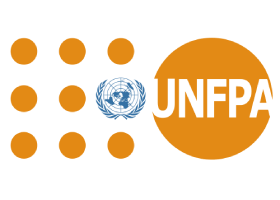Midwives Are Key to Climate Resilience
Submit a question
Midwives are an essential climate solution. The increasing impacts of climate change have an outsized impact on maternal and newborn health, as well as access to family planning and other vital health services. Midwives play a critical role in providing essential health services during climate-related disasters, and in the context of the lasting impacts of climate change on health systems.
However, there remains a global shortage of midwives and a lack of investment and commitment to their training and support. The current global focus on climate change offers an opportune time to showcase the role of midwives as climate change champions and leaders in climate action.
Please join the Wilson Center’s Maternal Health Initiative, in partnership with UNFPA, for a virtual panel discussion on the role of midwives in building resilience to climate change. The event will highlight some innovative and adaptive strategies midwives have used when faced with extreme heat, flooding, and wildfires while caring for women and families. Speakers will also discuss policies and programming that are necessary to support midwives as frontline workers in areas affected by climate change.
Speakers


Moderator

Panelists




Hosted By

Maternal Health Initiative
Housed within the Wilson Center's Environmental Change and Security Program, the Maternal Health Initiative (MHI) leads the Wilson Center’s work on maternal health, global health equity, and gender equality. Read more


Environmental Change and Security Program
The Environmental Change and Security Program (ECSP) explores the connections between environmental change, health, and population dynamics and their links to conflict, human insecurity, and foreign policy. Read more

